Video: Genetically Modified Mosquitoes Designed To Halt Malaria Transmission : Goats and Soda NPR was the only news organization allowed into the lab to witness the moment the releases began this year. The goal is to create a powerful new weapon in the fight against malaria.
Category: genetics – Page 468
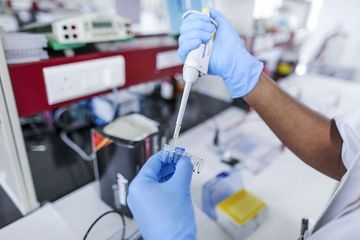
Crispr’s Next Frontier Is In-Human Treatment, Co-Inventor Says
As investors await results from the first U.S. clinical trials of the gene-editing system known as Crispr, scientists are focused on finding ways to administer it directly into humans, according to the technology’s co-inventor, Jennifer Doudna.
Right now, in studies using Crispr that have treated patients, researchers have had to extract their cells to be able to make edits to faulty DNA before infusing them back into the body for treatment. Being able to do precise edits directly inside humans, animals or plants could open the door to new applications, Doudna said.
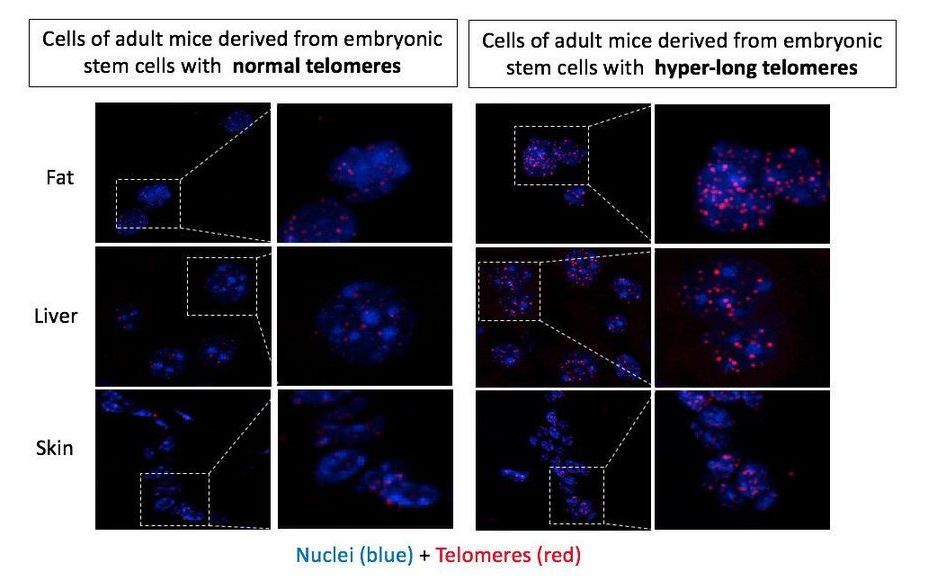
Researchers obtain the first mice born with hyper-long telomeres
A chance finding 10 years ago led to the creation by researchers of the Spanish National Cancer Research Centre (CNIO) of the first mice born with much longer telomeres than normal in their species. Telomeres shorten throughout life, so older organisms have shorter telomeres. Given this relationship between telomeres and aging, the scientists launched a study generating mice in which 100 percent of their cells had hyper-long telomeres. The findings are published in Nature Communications and show only positive consequences: The animals with hyper-long telomeres live longer and in better health, free from cancer and obesity. This marks the first time that longevity has been significantly increased without any genetic modification.
“This finding supports the idea that, when it comes to determining longevity, genes are not the only thing to consider,” says Maria Blasco, head of the CNIO Telomeres and Telomerase Group and intellectual author of the paper. “There is margin for extending life without altering the genes.”
Telomeres form the ends of chromosomes in the nucleus of each cell in the body. Their function is to protect the integrity of the genetic information in DNA. Whenever the cells divide the telomeres, they are slightly shortened, so one of the main characteristics of aging is the accumulation of shorter telomeres in cells. “Telomere shortening is considered to be one of the primary causes of aging, given that short telomeres cause aging of the organism and reduce longevity,” the authors write in a paper published in Nature Communications.
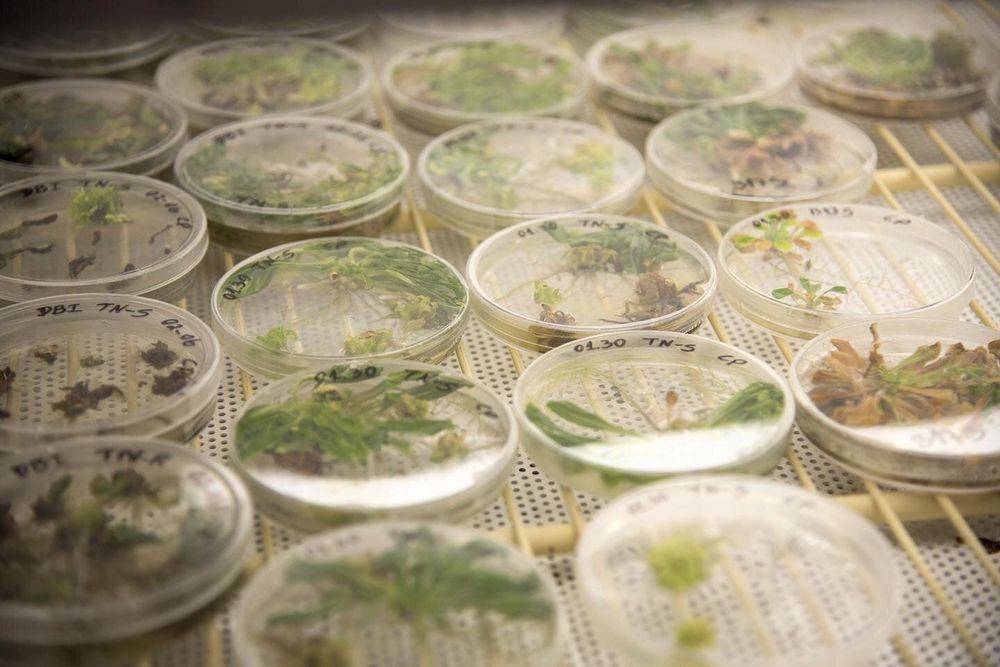
Tennessee researchers join call for responsible development of synthetic biology
Engineering biology is already transforming technology and science, and a consortium of researchers across many disciplines in the international Genome Project-write is calling for more discussion among scientists, policy makers and the general public to shepherd future development. In a policy forum article published in the October 18 issue of Science, the authors outline the technological advances needed to secure the transformative future of synthetic biology and express their concerns that the implementation of the relatively new discipline remains safe and responsible.
Two researchers with the University of Tennessee Institute of Agriculture are co-authors on the piece titled “Technological challenges and milestones for writing genomes: synthetic genomics requires improved technologies.” Neal Stewart and Scott Lenaghan with the UTIA departments of Plant Sciences and Food Science, respectively, join Nili Ostrov, a Ph.D. research fellow in genetics at Harvard Medical School, and 18 other leading scientists from a number of institutions and disciplines, in outlining a potential timeline for the development of what they call transformative advances to science and society.
Stewart and Lenaghan are the co-directors of the UT Center for Agricultural Synthetic Biology (CASB). Formed in 2018, Stewart says CASB is the first synthetic biology center in the world aimed specifically at improved agriculture. A professor of plant sciences in the UT Herbert College of Agriculture, Stewart also holds the endowed Racheff Chair of Excellence in Plant Molecular Genetics. Lenaghan is an assistant professor in the Department of Food Science who also holds an adjunct position in the UT Mechanical, Aerospace, and Biomedical Engineering (MABE) Department.
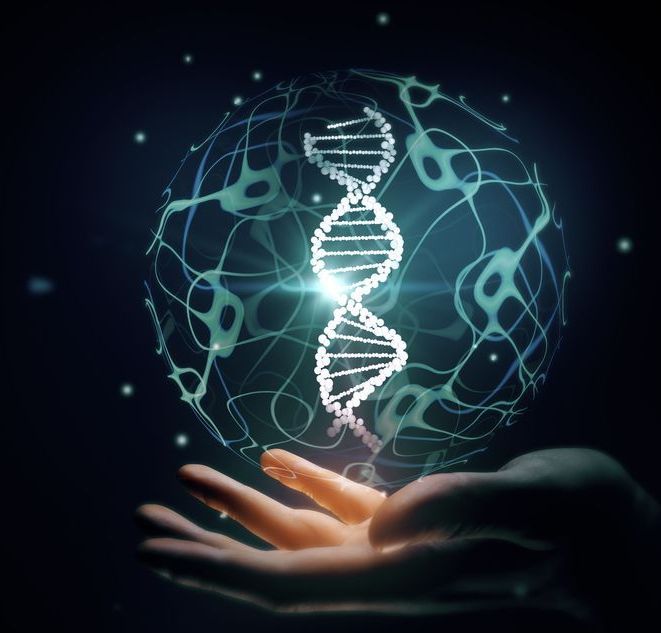
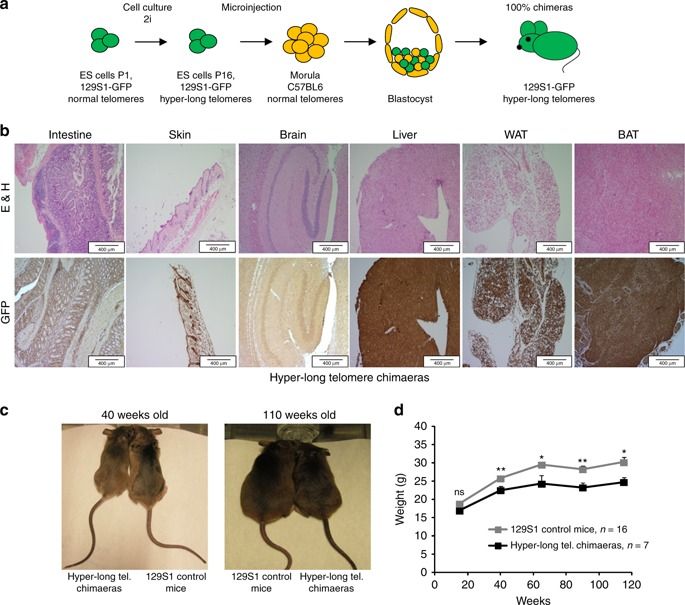
Mice with hyper-long telomeres show less metabolic aging and longer lifespans
Short telomeres trigger age-related pathologies and shorter lifespans in mice and humans. In the past, we generated mouse embryonic (ES) cells with longer telomeres than normal (hyper-long telomeres) in the absence of genetic manipulations, which contributed to all mouse tissues. To address whether hyper-long telomeres have deleterious effects, we generated mice in which 100% of their cells are derived from hyper-long telomere ES cells. We observe that these mice have longer telomeres and less DNA damage with aging. Hyper-long telomere mice are lean and show low cholesterol and LDL levels, as well as improved glucose and insulin tolerance. Hyper-long telomere mice also have less incidence of cancer and an increased longevity. These findings demonstrate that longer telomeres than normal in a given species are not deleterious but instead, show beneficial effects.
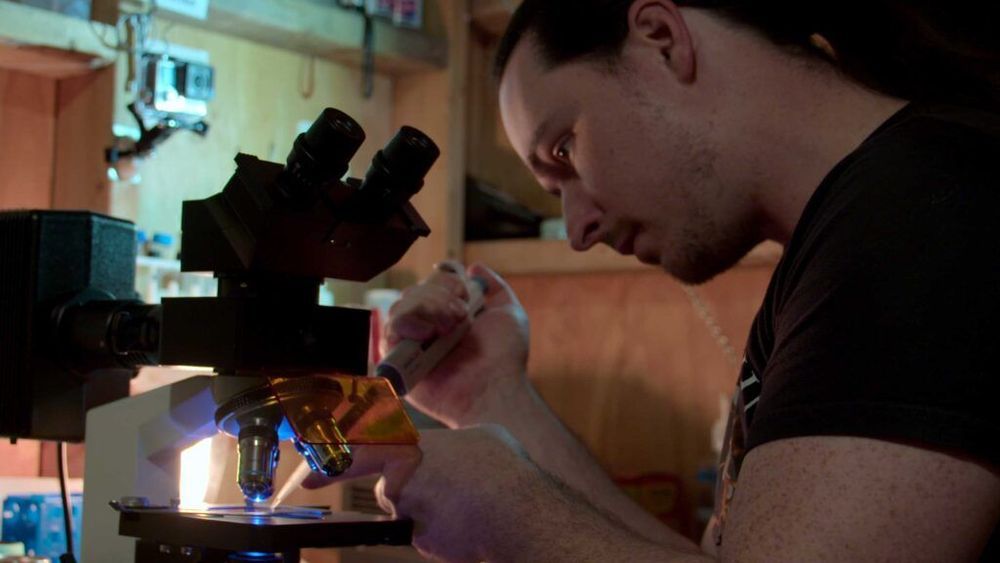
The ‘unbelievable journey’ of CRISPR, now on Netflix
Mankind’s ability to edit the fabric of human life has led to scientific upheaval, global debate, and at least one international incident. Now, it’s coming to Netflix.
“Unnatural Selection,” a four-part docuseries debuting Friday, dissects the stories, science, and ethics behind genome editing, following academics, biohackers, and patients as they move through a brave new world made possible by technologies like CRISPR.
We recently spoke with co-directors Joe Egender and Leeor Kaufman about how the series came to be and how it frames the sprawling story of human genetic engineering. This transcript has been lightly edited for clarity.

New universe of miniproteins is upending cell biology and genetics
Small proteins also promise to revise the current understanding of the genome. Many appear to be encoded in stretches of DNA—and RNA—that were not thought to help build proteins of any sort. Some researchers speculate that the short stretches of DNA could be newborn genes, on their way to evolving into larger genes that make full-size proteins. Thanks in part to small proteins, “We need to rethink what genes are,” says microbiologist and molecular biologist Gisela Storz of the National Institute of Child Health and Human Development in Bethesda, Maryland.
Tiny proteins help power muscles and provide the toxic punch to many venoms.
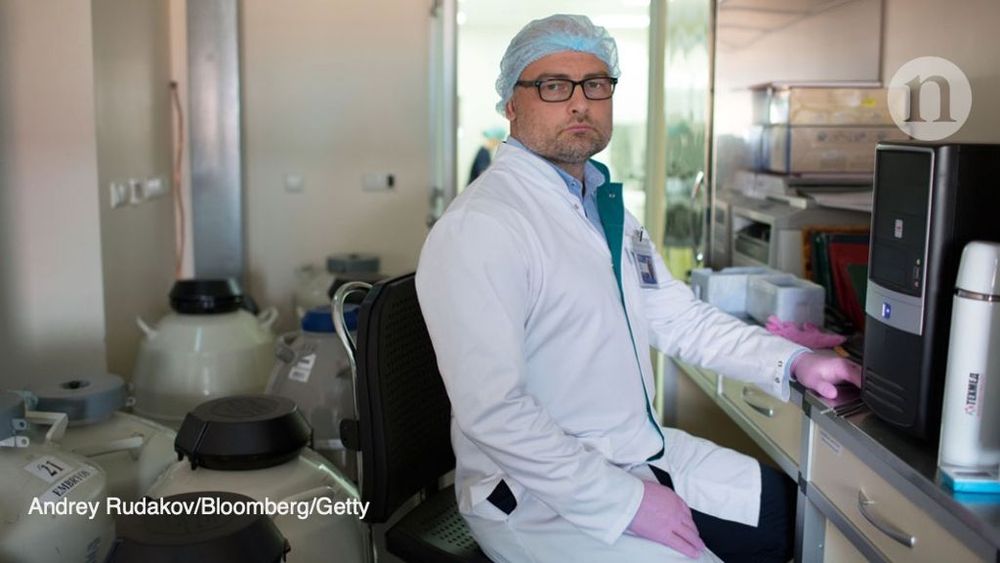
Andrei Gudkov at Ending Age-Related Diseases 2019
We’re continuing to release talks from Ending Age-Related Diseases 2019, our highly successful two-day conference that featured talks from leading researchers and investors, bringing them together to discuss the future of aging and rejuvenation biotechnology.
Dr. Andrei Gudkov of the Roswell Park Comprehensive Cancer Center gave a highly technical and in-depth presentation about the retrobiome, a specific subset of genetics that vary between mammalian species, as a key driver of aging. According to this model, as DNA damage accumulates, senescent cells are less efficiently disposed of by the immune system, strongly contributing to the familiar diseases of aging. He also discussed related topics, including how LINE1 (RTL1), a protein that is produced as part of the retrobiome, may be effective against cancer proliferation.